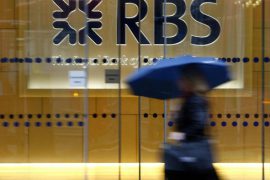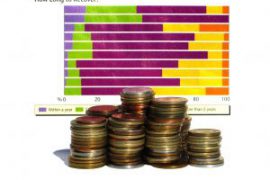The current rate has been unchanged since March 2009, and represents the lowest base rate since
the Bank of England was founded in 1694.
However, criticism from some quarters has focused on rising inflationary pressures, with interest
rate hikes historically seen as a way to keep inflation in check. Many predict that inflation will rise to
4 per cent in the coming months – which is two times the bank’s target of 2 per cent inflation.
Many economists seem to share the central Bank’s views, arguing that the current inflation surge
won’t be resolved by a rate hike at this stage, and that it could be seen by the markets, and the
public, as a panic response.
However, others argue that rising inflation points to a failure of the Bank’s policies, and the time has
come to review their stance.
Indeed, Andrew Sentence – one of the Bank’s Monetary Policy Committee’s nine members – has
stated his support for a gradual rate increase starting now, in preference to more significant hikes
later. In December he said, “If we leave interest rates at low levels and then we find that inflation
continues to run above target and growth continues to be OK, we may find ourselves having to raise
interest rates more quickly than I would like in the future.
“The danger we face is that if we persistently run with inflation above target, confidence in the Bank
of England’s Monetary Policy Committee and in the inflation target will begin to erode.”




